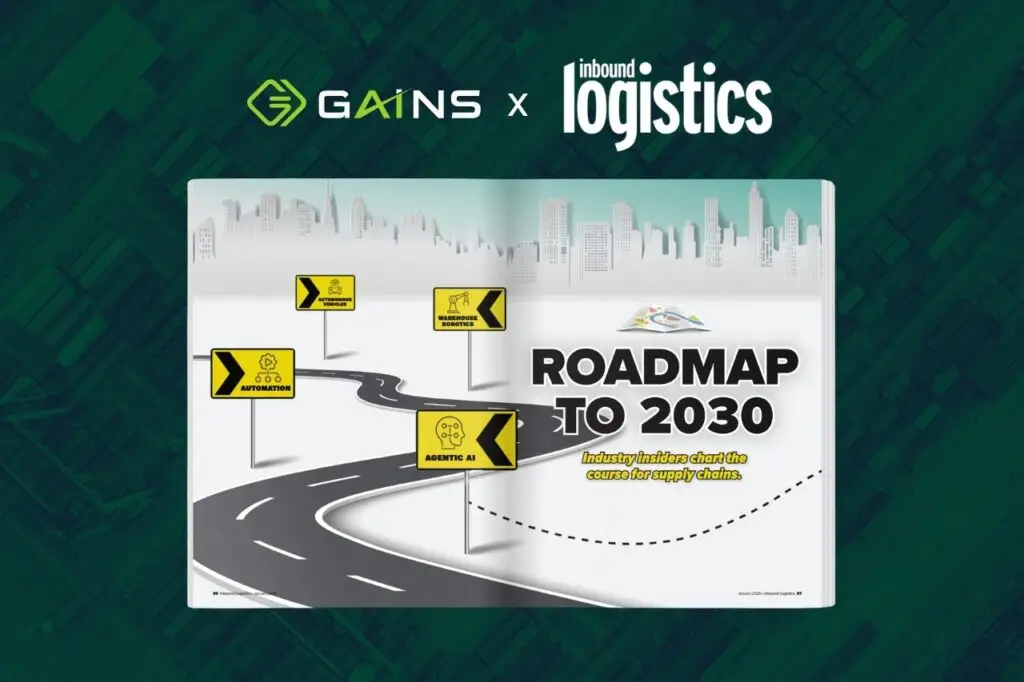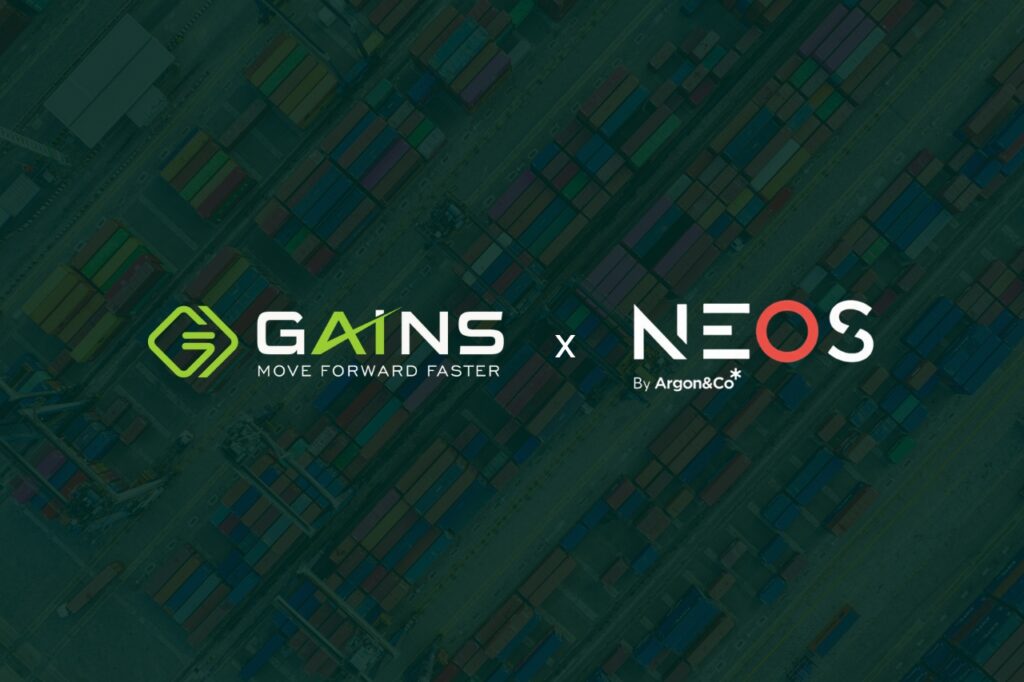By Amber Salley, VP of Industry Strategy at GAINS
I was proud to represent GAINS at this year’s Gartner Supply Chain Planning Summit; I had the privilege of connecting with a diverse group of supply chain leaders, all eager to explore the evolving landscape of supply chain decision-making. My theatre session on the future of supply chain, which is reliant on decision engineering, was well attended and offered a fresh perspective on this crucial topic, sparking engaging discussions and valuable insight with those I met throughout the show.
The Quest for Enhanced Decision-Making
One of the key themes I emphasized was the need for enhanced decision-making in the supply chain arena. While the conference highlighted the importance of speed and quality in decision-making processes, I encouraged attendees to consider the broader context. It’s not just about making faster or better decisions compared to past methods but about understanding the anatomy of each decision made. This is where technology, particularly the visibility provided by advanced systems like those developed at GAINS, plays a pivotal role in illuminating the impact of each decision.
Technological Integration and Orchestration
Many of the conference’s case studies presented by speakers focused on leveraging technology for process orchestration. Many presenters spoke of disjointed systems, siloed processes, and how integrating technology aids in managing workflows and maintaining a unified planning data truth. However, there was a noticeable discussion gap around using advanced analytics or AI to enhance productivity or create higher-quality plans.
Key Lessons Learned
Through the various case studies I heard presented at the conference, three significant lessons on starting a supply chain optimization project emerged:
- Start with the End in Mind: Clearly define your desired end-state before embarking on a supply chain technology project. This foresight prevents unnecessary rework and extensive regression testing.
- Data and Change Management: Since the term “Big Data” was coined in the mid-1990s, focusing on data has been a critical success factor, yet many underestimate its challenges. Similarly, underestimating change management often leads to low employee adoption, proving detrimental to project success.
- Standardization and Target Operating Model: Establishing standardized processes, roles, and metrics is crucial. Deciding on the right technology vendors and types should align with a well-conceived target operating model, which could be informed by industry standards.
Evolving Business User Needs
My conversations with attendees revealed a keen interest in exploring new technologies despite having established supply chain tools. This reflects a desire to stay ahead in functionality and efficiency. For instance, the case study on their S&OE process shared by Michelin illustrated this trend. They’re leveraging tools like Power BI for S&OE analysis, even though they have comprehensive supply chain planning tools in place. This choice may stem from various factors, including resource allocation, cost considerations, or specific capability requirements.
AI/ML and Generative AI: The Untapped Potential
Interestingly, there was limited content on Artificial Intelligence/ML. Even though these technologies have proven to add benefits when applied to an appropriate use case, their adoption in supply chain management is still in its nascent stages. The session on Generative AI highlighted that the industry has yet to explore this AI technique in SCP. There are no existing use cases that help with planner productivity or making higher-quality decisions. This aligns with the observation that most companies are still exploring the basic applications of machine learning.
Concluding Thoughts
My time at the Gartner Supply Chain Conference was enlightening and reaffirmed GAINS’ commitment to driving innovation in supply chain decision-making. My interactions with many GAINS customers and curious professionals reinforced the notion that the industry is on the brink of significant transformation. At GAINS, we remain dedicated to empowering businesses to make informed, impactful decisions that propel their supply chains forward.
Here’s to a future where advanced technology and strategic insight converge to revolutionize supply chain management!
Amber Salley, Supply Chain Technology Executive | VP of Industry Strategy, GAINS
More from Amber:
Former Gartner Supply Chain Analyst Amber Salley Joins the GAINS Executive Team
PODCAST: Navigating the Intersection of Trust and Technology in Supply Chain Management
BLOG: Navigating the Intersection of Trust and Technology in Supply Chain Management



